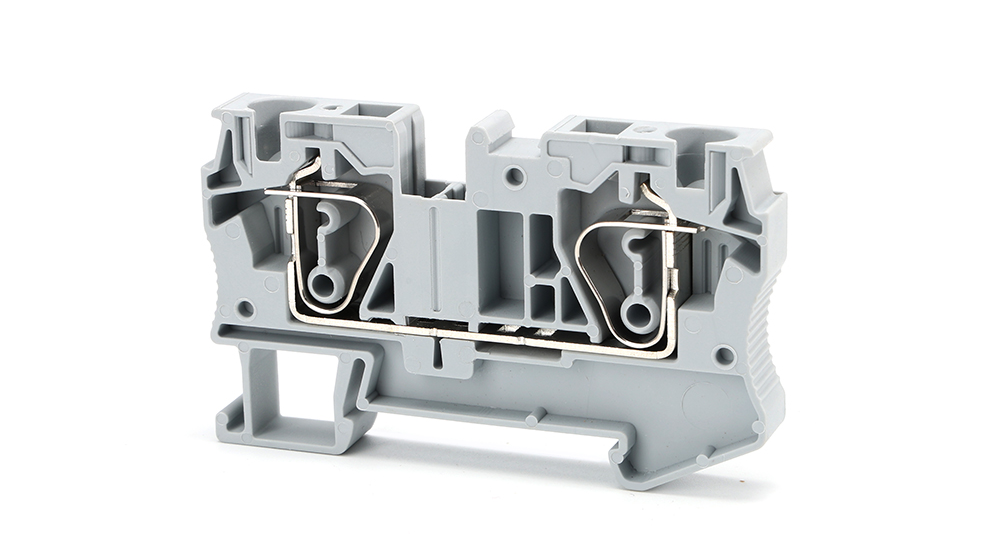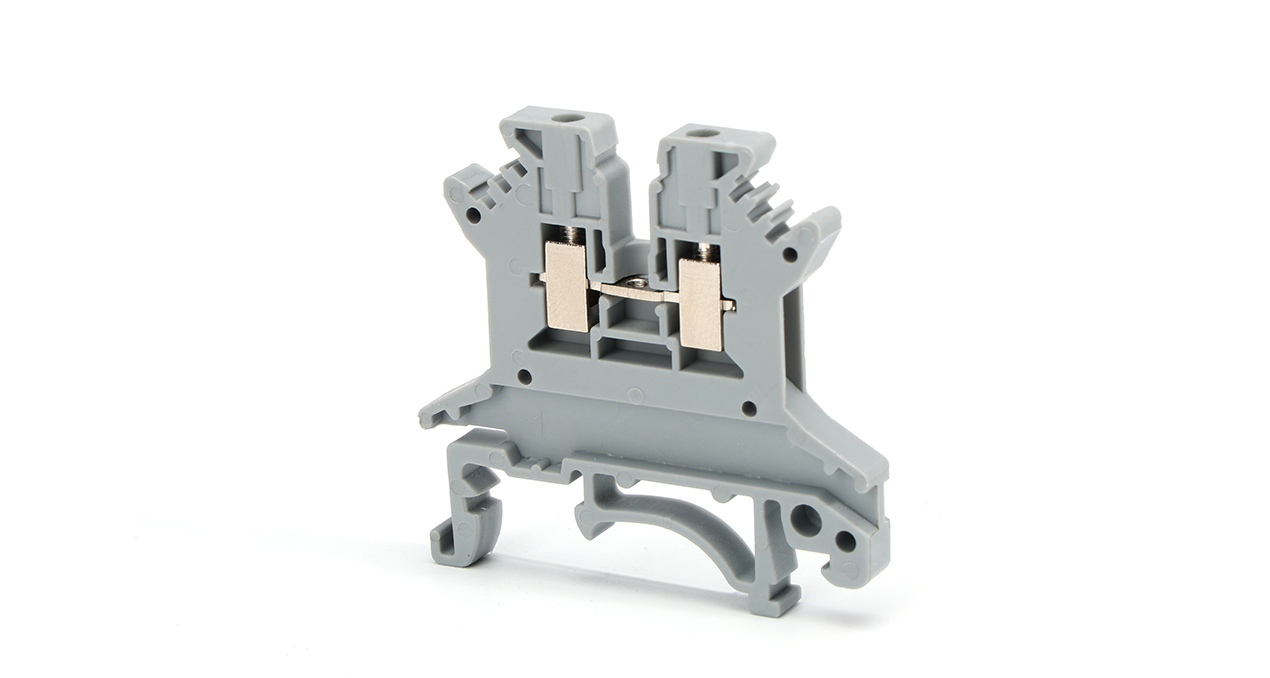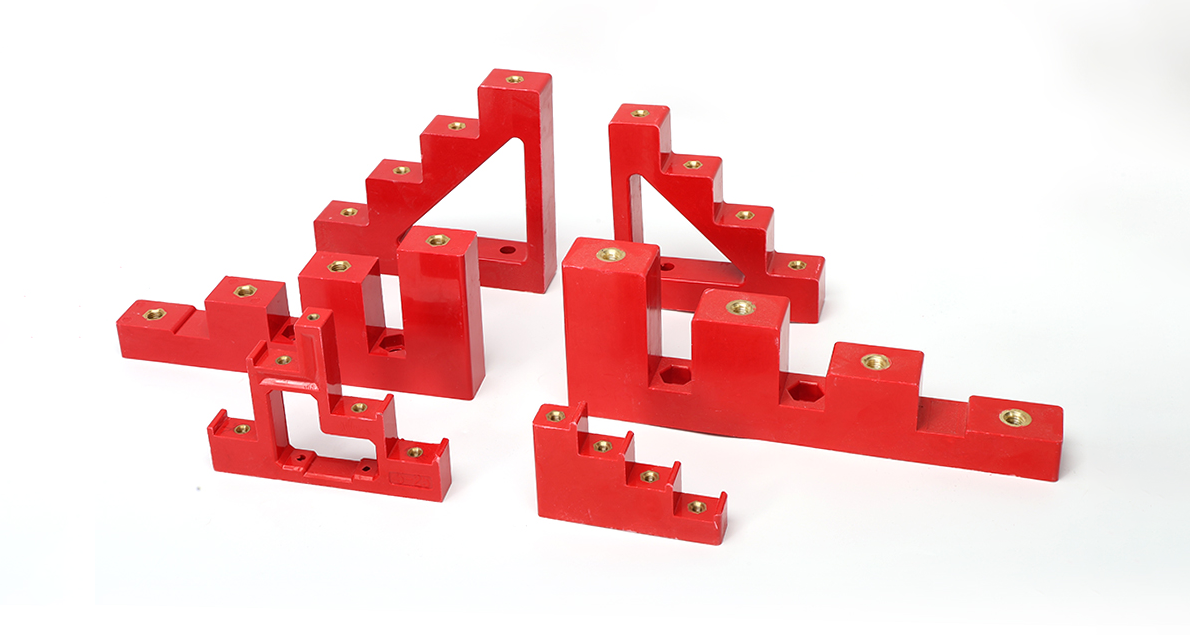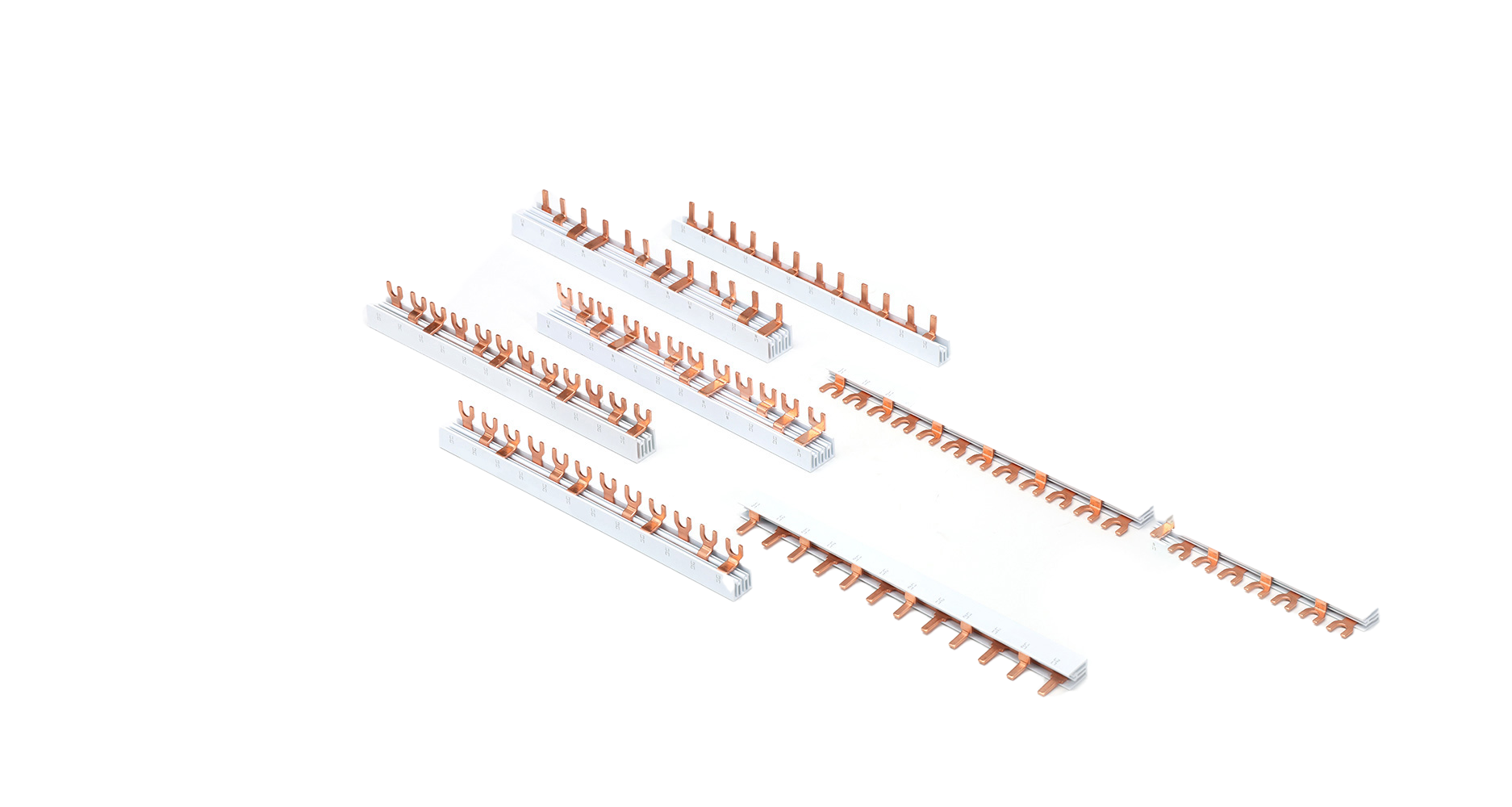Introduction
Terminal blocks are essential for secure and reliable electrical connections. Among the latest connection technologies, spring cage connection has gained popularity for its efficiency and performance. This blog explains how spring cage terminal blocks work, their benefits, and key applications in modern electrical systems.
 1.How Spring Cage Connection Works
1.How Spring Cage Connection Works
1-1 Definition and Mechanism
A spring cage connection is a type of terminal block connection that uses a spring mechanism to clamp wires securely. Instead of screws, the spring applies constant pressure on the conductor, maintaining stable electrical contact. This design compensates for vibration, thermal expansion, and conductor relaxation, ensuring long-term reliability.
1-2 Features of Spring Cage Terminal Blocks
Tool-free installation for faster assembly
Uniform and consistent contact pressure
Vibration-resistant and maintenance-free design
Compact construction suitable for dense panel layouts
2.Spring Cage Connection Benefits
2-1 Quick Installation and Reduced Maintenance
Spring cage terminal blocks allow wires to be connected quickly without tools, reducing assembly time. The spring mechanism ensures consistent pressure, minimizing the need for routine maintenance.
2-2 High Reliability Under Vibration and Load
The spring design maintains strong electrical contact even under mechanical vibrations or fluctuating loads, making it ideal for industrial and mobile applications.
2-3 Safety and Consistent Performance
Spring cage connections provide secure clamping that reduces the risk of loose connections, overheating, or short circuits. They deliver stable electrical performance over the lifetime of the system.
3.Applications in Electrical Systems
3-1 Industrial Automation
Used in machinery, control panels, and automated systems where vibration resistance and reliability are critical.
3-2 Power Distribution and Energy Systems
Ideal for power supply units, distribution panels, and renewable energy setups like solar and wind power systems.
3-3 Transportation and Communication Equipment
Applied in railway, automotive, and telecom installations due to their vibration resistance and compact design.
4.FAQs
Q1: How does spring cage connection differ from screw connection?
A1: Unlike screw connections that require manual tightening, spring cage connections use a spring to maintain constant pressure, offering faster installation and better vibration resistance.
Q2: Can spring cage terminal blocks be reused?
A2: Yes, wires can be easily inserted or removed without damaging the spring mechanism, allowing for repeated use.
Q3: What are the main advantages of spring cage connections?
A3: Key advantages include quick installation, high reliability under vibration, consistent contact pressure, and reduced maintenance.
Conclusion
Spring cage terminal blocks are revolutionizing terminal block connection technology by offering quick, reliable, and safe connections. With benefits such as reduced maintenance, strong performance under vibration, and ease of installation, they are widely used in industrial automation, power distribution, and transportation applications. Choosing spring cage technology enhances both efficiency and safety in modern electrical systems.





